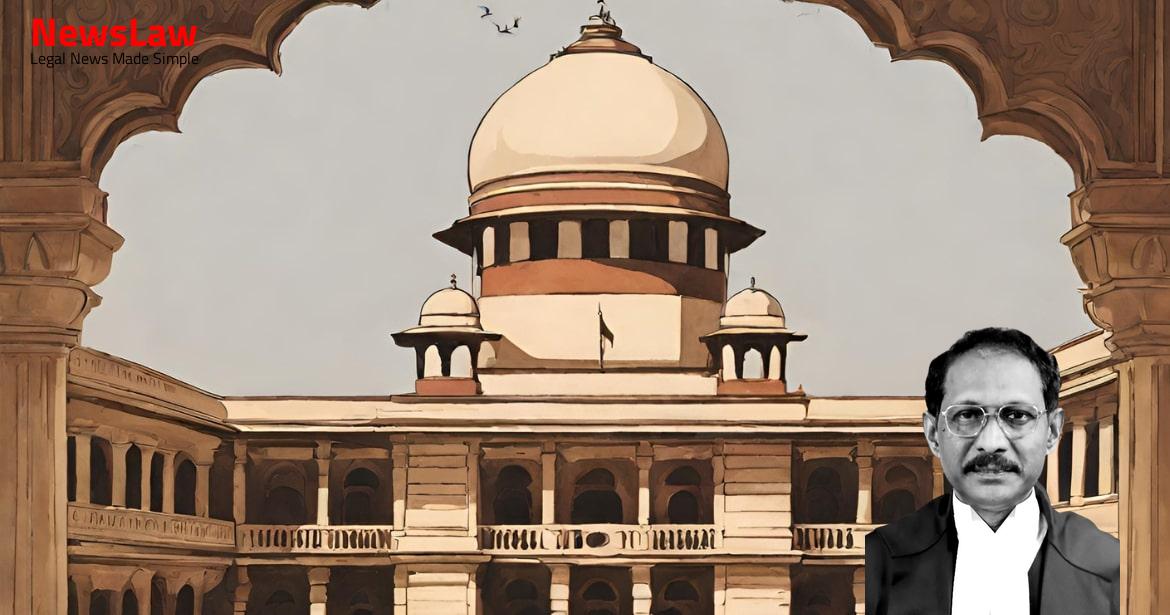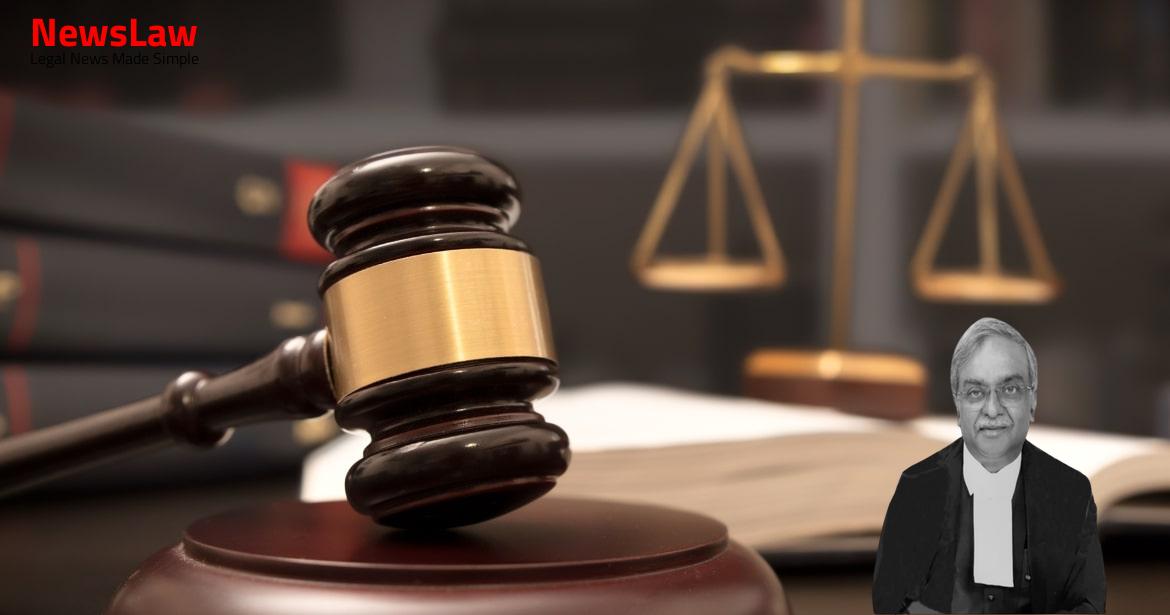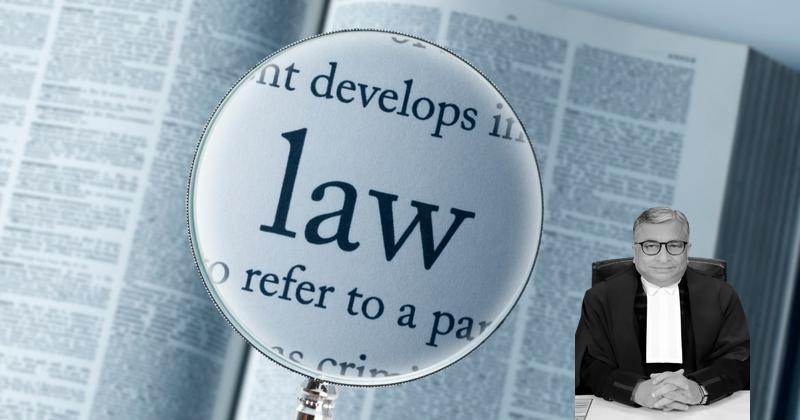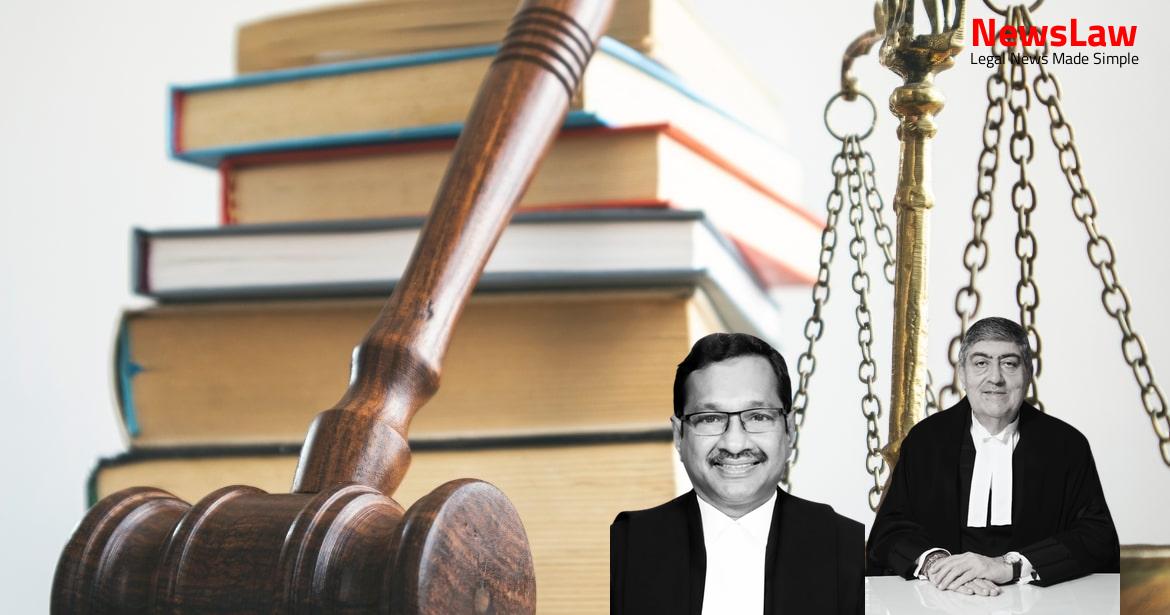In troth, it is a common judgment in Criminal Reference No.6/2018 submitted by the Trial Court under Section 366 of the Code of Criminal Procedure, 1973 (Cr.PC) for confirmation of the conviction under Section 376 AB of the Indian Penal Code, 1860 (IPC) as amended by Act No.22 of 2018 and in Criminal Appeal No.5725 of 2018 filed by the petitioner-convict herein aggrieved by the conviction and sentence imposed against him for certain other offences under the IPC, as also against the conviction under the Protection of Children from Sexual Offences Act, 2012 (for short, ‘POCSO Act’).
It is to be noted that in the instant case, after condoning the delay, limited notice on the question of sentence alone was issued on 24.02.2023. Though, the petitioner was also convicted under Section 376 (2) (i) and under Sections 3/4, Sections 5(d)/6 of the POCSO Act taking note of his conviction under Section 376 AB, IPC, no separate sentences were awarded for the aforesaid offences by the trial Court. In view of the commutation of capital punishment awarded for the conviction under Section 376 AB, IPC it is also a matter to be considered if we interfere with the sentence of life imprisonment for the offence under Section 376 AB, IPC as amended under the Act No.22 of 2018.
Evidently, the decision in Mulla’s case (supra) and a catena of decisions where death sentence was commuted to the imprisonment for life including the decisions in Bantu alias Naresh Giri v.
Taking into consideration the totality of the facts, nature, motive and the manner of the offence and further that nothing has been brought on record by the prosecution that the accused was having any criminal antecedent and the possibility of being rehabilitation and reformation has abo not been ruled out.
The High Court after taking note of the manner in which the alleged offence was committed observed that it was not barbaric and brutal and further that owing to the absence of anything on record to suggest that the convict is having criminal antecedents the possibility of rehabilitation and chances for his reformation could not be ruled out and opined that the case is not one where the alternative punishment would not be sufficient.
Also Read: https://newslaw.in/case-type/criminal/suppression-of-material-facts-and-fraud-on-the-court/
In view of the manner in which the offence was committed by the petitioner-convict, as observed by the High Court under the above extracted recital, according to us, one can only say that the action of the petitioner-convict is barbaric though he had not acted in a brutal manner. In the instant case, the petitioner-convict was aged 40 years on the date of occurrence and the victim was then only a girl, aged 7 years.
There can be no doubt with respect to the position that on such commutation of sentence for the conviction under Section 376 AB, IPC, the other alternative available is only imprisonment for a period not less than 20 years with fine. Now, while considering the question whether further interference with the sentence handed down for the conviction of the offence under Section 376 AB, IPC is warranted, it is only appropriate to refer to a decision of this Court in Shiva Kumar @ Shiva @ Sriharan’s case (supra), upon considering the question whether imprisonment for life in terms of Section 53 read with Section 45 IPC means imprisonment for rest of life of the prisoner or a convict undergoing life imprisonment has a right to claim remission, held after referring to the decision in Swamy Shraddananda (2) (supra) that the power derived from the Penal Code for any modified punishment within the punishment provided for in the Penal Code for any specified offence could only be exercised by the High Court and in the event of further appeal only by the Supreme Court. Furthermore, in paragraph 105 of the said decision it was held:- “ to put it differently, the power to impose modified punishment providing for any specific term of incarceration or till the end of the convict’s life as an alternate to death penalty, can be exercised only by the High Court and the Supreme Court and not by any other inferior Court.”
That apart, in most of such cases where death penalty or life imprisonment is the punishment imposed by the trial court and confirmed by the Division Bench of the High Court, the convict concerned will get an opportunity to get such verdict tested by filing further appeal by way of special leave to this Court. In view of the decisions referred (supra) and taking note of the position that when once the conviction is sustained under Section 376 AB, IPC the fixed term punishment could not be for a period of less than 20 years. For effecting such commutation, the High Court also considered the question whether there is possibility for reformation and rehabilitation of the petitioner and opined that it is not a case in which the alternative punishment would not be sufficient in the facts of the case. We have already taken note of the fact that while commuting the capital sentence to life imprisonment, the High Court had lost sight of the fact that despite conviction under Section 376 (2) (i) and under Sections 3/4, Sections 5(d)/6 of the POCSO Act, no separate sentences were imposed on the petitioner for the offence under Section 3/4 and 5(m)/6 of the POCSO Act by the Trial Court, evidently, only on the ground that capital sentence is imposed on the petitioner for the offence under Section 376 AB, IPC.
It is submitted by the learned counsel, with reference to paragraph 1 of the impugned judgment that the order in paragraph 35 of the impugned judgment that the conviction and sentence under Section 366, IPC is maintained, can also be in relation to the conviction under Section 363, IPC and the sentence imposed therefor. We have taken note of the fact that though the petitioner-convict was convicted for the offence under Section 3/4 and 5 (m)/6 of the POCSO Act, no separate sentence was imposed on the petitioner-convict by the Trial Court taking note of the provision under Section 42 of the POCSO Act. Since, even after the interference with the sentence imposed for the conviction of the petitioner-convict under Section 376 AB, IPC and modified sentence imposed on commutation by the High Court, we have awarded 30 years of rigorous imprisonment with a fine of Rupees One Lakh, no separate sentence for the aforesaid offence under POCSO Act is to be imposed on the petitioner- convict. …………, J.
Case Title: BHAGGI @ BHAGIRATH @ NARAN Vs. THE STATE OF MADHYA PRADESH (2024 INSC 82)
Case Number: SLP(Crl) No.-002888 / 2023



